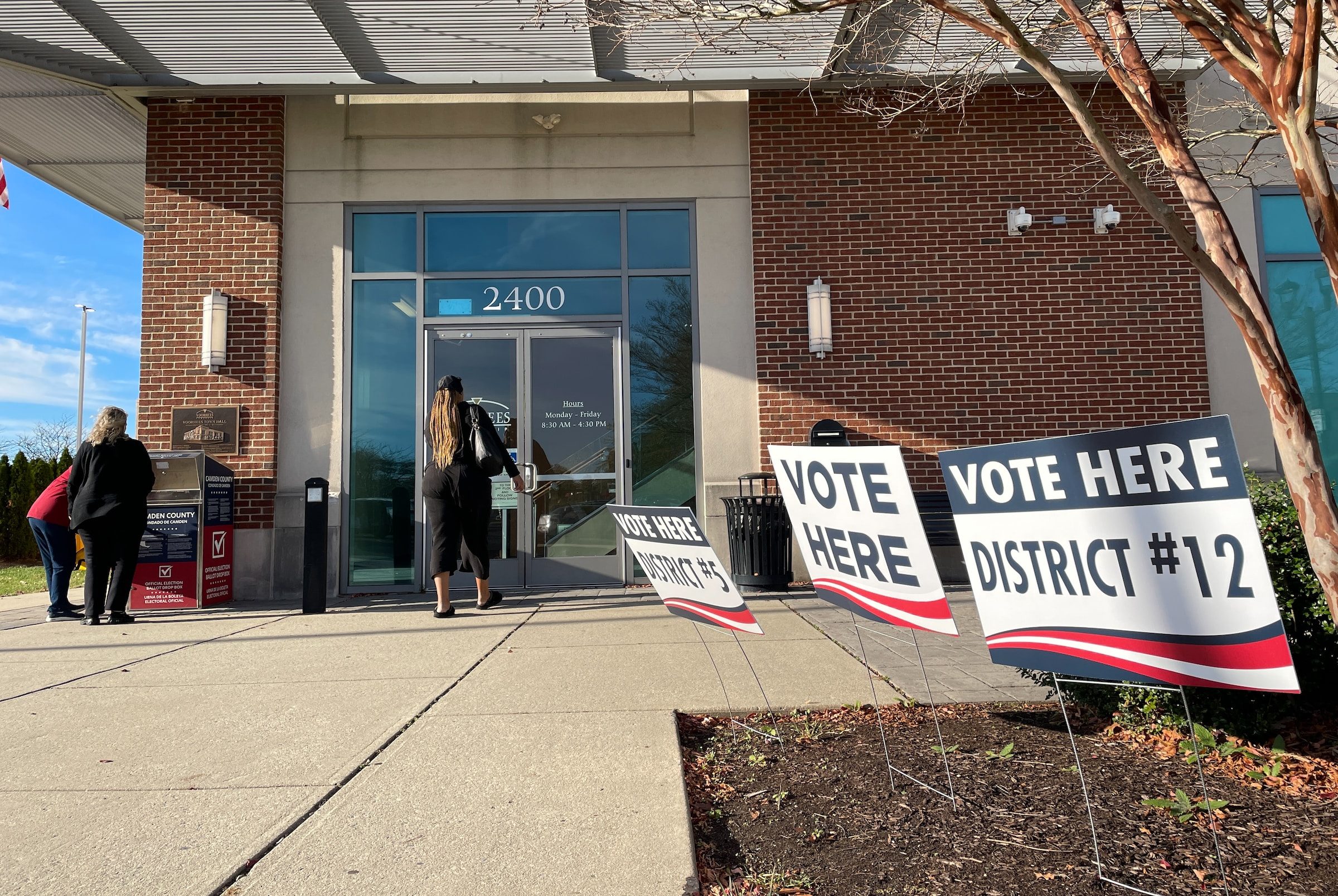
July 26, 2022
The Lorax in the Monkey House: Injecting Innovation and Competition into Platform Services Markets
TL;DR:
- State and local government regulations often unintentionally hold back disruptive innovation from small upstart businesses.
- Governments should embrace free market competition and innovation, including alternative business models like worker cooperatives.
In Harrison Bergeron, a short story in Kurt Vonnegut’s Welcome to the Monkey House (a 1968 collection of stories with overlapping dystopian themes), no one is allowed to be smarter, stronger, or better looking than anyone else – those who are too intelligent must have loud noises disrupt their thoughts; those who are too strong must be saddled with extra weights; and those who are too beautiful must wear masks. Society devolves to the mediocre.
Personally, I fear this is our default path in societal efforts to level competitive business playing fields for platform-based services. Rather than providing easier onramps for startups and boosting opportunities for would-be insurgent entrepreneurs and their disruptive technologies, processes, and ideas, we have, instead, generally opted to stifle ventures (old and new) through administrative and economic obstacles. As a result, we have either (1) diminished the capabilities and roll-out of new ventures and technologies; (2) driven new and existing ventures out of certain jurisdictions; or (3) discouraged entrepreneurs from even exploring potentially positive, disruptive ventures because the path to viability is simply too arduous.
For example, as a pandemic-era, stop-gap measure (ostensibly to discourage price gouging during a time of crisis), many U.S. cities imposed price caps on the fees that restaurant delivery services can charge restaurants. Now in the Summer of 2022 when we have returned to some semblance of business as usual, some cities are keeping the price caps in place. While well-intentioned, this solution only discourages innovation and competition in the food delivery marketplace.
More broadly, to the extent that U.S. jurisdictions have tried to influence the ride-sharing industry, governments have typically curbed the activities of the ride-sharing platforms rather than encouraged subsequent generations of creative disruptors. Such an approach made some sense during the emergence of ride-sharing platforms to thwart cherry-picking and redlining, and to ensure continuity and universal service. But now that ride-sharing apps and other gig economy services are more-or-less permanent fixtures of society, governments should focus on increasing productive innovation and recouping more of the value for the local workers and residents. One way to do this is to pave the way for competitive, driver-owned cooperatives – to support efforts to disintermediate the VC-backed, Silicon Valley-based platforms and to send power, control, and profits back to both drivers and local communities.
Occasionally, governments make tepid efforts to seed and inspire startups, but these governments (at least in the U.S.) rarely provide streamlined entry processes for bootstrapped – but potentially innovative – entrepreneurs. What if we made it easier for workers, local businesses, and residents to self-organize, establish, and build their own competitive service platforms? Drivers, who are currently ‘pawns’ to the ridesharing platform duopoly, could build their own competing driver coops. Cable and telecom line-people could build competing telecom and cable delivery systems to compete directly against the phone and cable companies. Bike riders, restaurants, and even local residents could band together and build their own platforms for food delivery. The technology is now available virtually off-the-shelf, even for those with limited startup funding and technological expertise.
One persistent problem is that governments do not make it easy for would-be disruptors to establish ventures built with a worker- and/or user-empowering ethos through alternative corporate structures [allowing for ownership and control by workers and end users]. In recent years, we have seen the emergence of “worker cooperative” efforts by workers to compete against the platforms that have come to run the gig economy. We have also witnessed the emergence of Distributed Autonomous Organizations (DAOs) – alliances built, owned, controlled by users without centralized ownership and management. However, we still see the gig economy run by venture-backed platforms in which almost all the profits and value are drained from local communities, workers, and consumers. There is no reason that the workers and/or users could not build competing platforms, but for the fact that it is still too difficult to maneuver through the administrative obstacle courses to build such worker-run collectives.
What if we were to streamline the process to create and build out these worker cooperatives, so that any group of workers within any sector could readily organize and build competitive platform cooperatives? The states that were to ease this process would take giant steps in empowering its own worker-residents and return much of the profits and value to the community. This concept is just one example of steps that governments could take to empower its own residents and communities. In a broader context, it seems time for cities and states to take seriously the concept of startup ombudspersons – people and entities statutorily or regulatorily empowered to advance the needs of would-be startup entrepreneurs.
Rather than shackle existing platform service providers, the more forward-looking approach would be to encourage startups to disrupt the existing platform service models with a few limited, proactive, pro-startup steps by governments. What if, rather than adding Monkey House-like noises, weights, and masks to existing ventures, the government made more direct and concerted efforts to promote easy entry for would-be disruptors.
Dr. Seuss famously wrote of the Lorax who spoke for trees who could not speak for themselves. But who speaks for the would-be ventures that do not yet exist, but could and should exist? The core problem is that few people lobby for “what could be,” because there is no one to pay their bills. Instead, the government only hears from lobbyists representing the well-heeled, existing entities. A startup ombudsperson – a ‘Lorax’ for new ventures – could be empowered to think about yet-to-exist entrepreneurs and disruptors and to springboard and accelerate disruptive, positive innovation.
Jonathan Askin is a DCI Innovation Law and Policy Fellow and a Professor at Brooklyn Law School in New York. The views written here by Professor Askin do not necessarily reflect the views of the Data Catalyst Institute.

